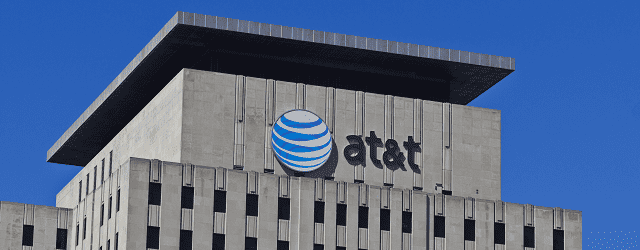Federal judge sides withAT&T in dispute with the Department of Justice.

AT&T was prepared to offer concessions, but not asset sales, to resolve its legal dispute with the Justice Department over its $85 billion proposed merger with Time Warner. In the end, it didn’t have to concede anything as US District Judge Richard Leon allowed the deal to proceed without imposing any conditions on the transaction.
“Judge Leon’s opinion underscores the limited scope for future challenges to vertical deals,” says Paul Denis, antitrust partner at global law firm Dechert. “The decision was a decisive defeat for the government, with substantial implications for future merger enforcement, not just in vertical mergers but also in horizontal mergers.”
Denis says the ruling integrates the analysis of positive and negative price effects from the merger, rather than relegating positive effects to the lesser role of a “defense,” subject to more stringent proof requirements.
One reason AT&T won such a sweeping victory was that it agreed in advance to a seven-year ban on programming blackouts to distributors of some Time Warner content, if the deal closed. AT&T also said it would agree to independent arbitration as a way to resolve pricing disputes.
The court’s approval of the deal could open the floodgates for additional vertical mergers, or combinations of firms at different levels of an industry supply chain, according to Fitch Ratings. Fitch says the transaction was specifically structured to avoid review by the Federal Communications Commission, by excluding the transfer of wireless licenses.
Leon’s 172-page opinion will have far-reaching implications for companies in industries with new entrants, technological disruption and changing consumer preferences, says Fitch. “Convergence of distribution assets and content in the secularly challenged telecommunications and media industries provides rationale for combinations, such as AT&T/Time Warner, due to the threat of new, fast-growing video streaming entrants, such as Netflix and Amazon,” Fitch stated in an email.
The absence of conditions that could have required the divestiture of assets, or agreements to prevent anti-competitive activity and abusive pricing, similar to those required for the 2011 Comcast/NBC Universal combination, was more of a surprise, says Fitch.
“Furthermore, while all mergers have the ability to increase scale and reduce cost, vertical combinations can be instrumental in acquiring control of intellectual property, improving supply chain dynamics, diversifying revenue streams and strengthening relationships with customers via targeted marketing and bundling of services,” Fitch adds.
The impact of the court decision was positive for merger arbitrage funds, according to Lyxor Asset Management. The ruling contributed to significant spread tightening for several deals, such as CVS/Aetna and Cigna/Express Scripts, as uncertainty was reduced. The day after the ruling, Comcast made an offer for 21st Century Fox assets on top of Disney’s earlier offer, setting the stage for a bidding war.
The AT&T ruling should lead to additional M&A activity, as the rules on vertical mergers are clarified, Lyxor says. This could add fuel to a fire that is already raging. Led by US media and telecoms, global M&A reached a record $2.5 trillion in the first half of 2018.



